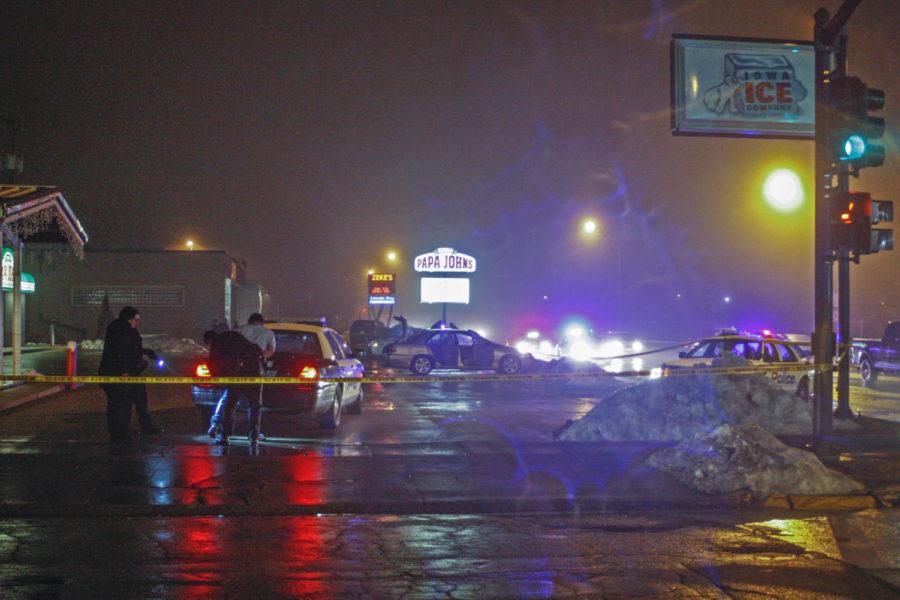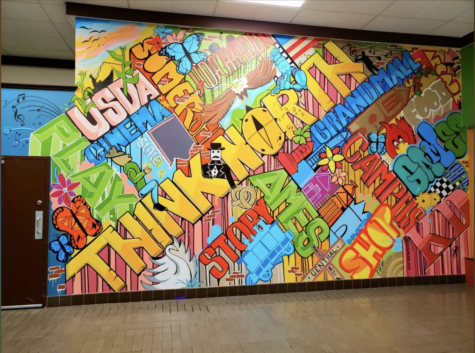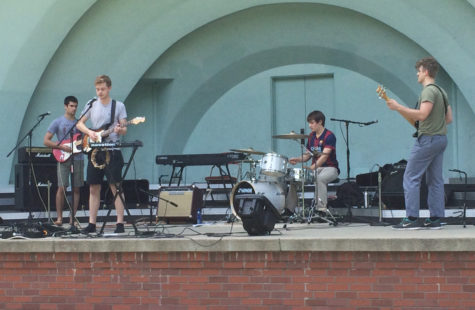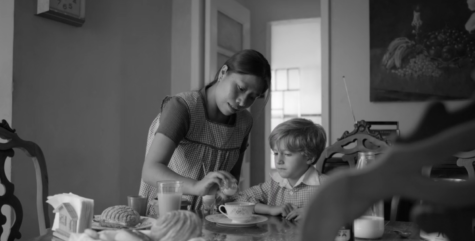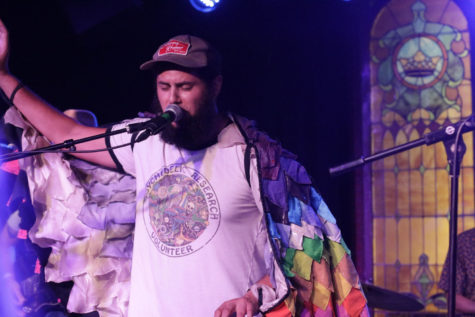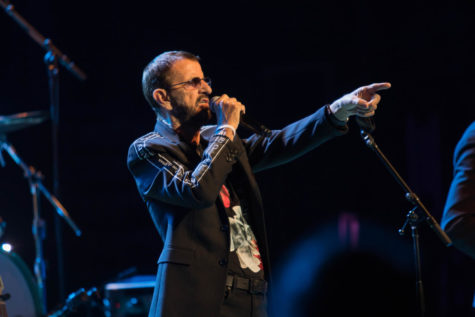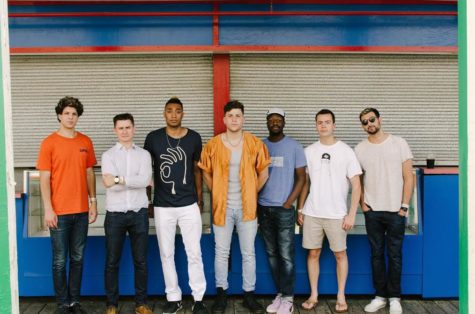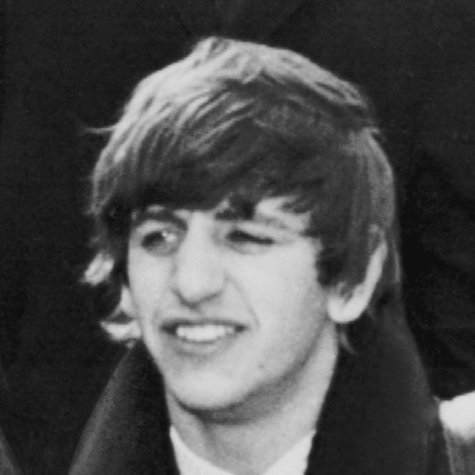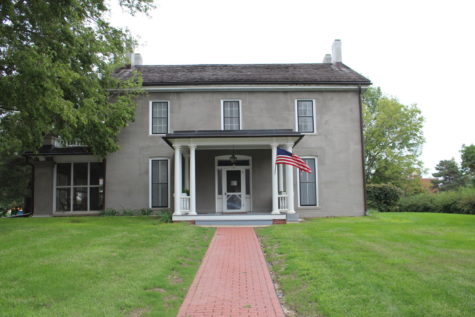Will shooting at Zeke’s affect Ames’ music scene?
March 25, 2013
Ames’ music scene is known for its accepting personality from all of the bands and musicians in the area. The ability to work together with every musician is one of the biggest factors that makes the Ames music scene succeed, as well as giving Ames overall a positive reputation. On March 9, 2013, though, violence was brought to the scene.
At 11:30 p.m. after a hip-hop show at Zeke’s, gunshots were fired. Ames police were called and found people fighting in the parking lot, according to the Ames Police Department.
After further investigation, three juveniles were arrested and are being helped at the Central Iowa Juvenile Detention Center. A fourth individual, Desmond Turner, 27, was charged with interference with official acts, a simple misdemeanor according to the Ames Police Department.
Witness and manager for performer Notrydo.Sincere, who identified herself as Valinda G., said after the hip-hop show the attendees and performers started fighting and eventually one led to shooting a gun in the air.
“Luckily, no one was hurt,” G. said, regarding the acts.
The music scene around Ames is used to supporting safe shows and had never found itself hosted to acts of violence even through many years of the scene expanding due to Maximum Ames.
Maximum Ames Records founder and Mumford’s band member Nate Logsdon, who has been working with the Ames music scene and hosting the Maximum Ames Music Festival since 2011, had never seen violent acts portrayed before at any Ames-related event.
“I actually haven’t witnessed violence at shows in Ames ever before; this is really bizarre,” Logsdon said.
The show’s producer, Antonio Roddy, could not believe the events that had taken place after the show, since he had been arranging them for four years.
“I don’t know what happened; the show was over and the venue was clear for at least 20 minutes before the incident happened,” Roddy said. “I’ve been hosting hip-hop shows and parties for four years in Ames, and I have never had not even a fight at any of my events. It was kind of weird.”
The Ames’ hip-hop scene is small, only featuring a few acts, and this show in particular carried only acts from Chicago. These events can carry a strong negative against the scene with effects already taking place. Matt Heerema, Zeke’s director, changed the regulations on how hip-hop shows will take place.
“We will no long host those acts anymore,” Heerema said. “Hip-hop style shows will be under more protection as well. We need to be able to keep a more positive impact on the Ames community.”
Violence around music shows is not something new though, carrying roots from rioting to mosh pitting.
David Stuart, ISU associate professor of music and theatre who teaches Music 304: History of Rock ‘n’ Roll, said that violent acts are just part of the shows.
“There’s always a lot of energy and emotions when hearing music at concerts, … and people are always joking or dancing with someone else’s girlfriend, and then that’s when something happens,” Stuart said. “There has always been violence in music, though, in the punk scene, the country scene. … Some acts do it for negative publicity.”
Stuart said for the Ames music scene, the shooting should be looked at as a simple act of violence and not one that should reflect the scene itself as well as the hip-hop scene.

